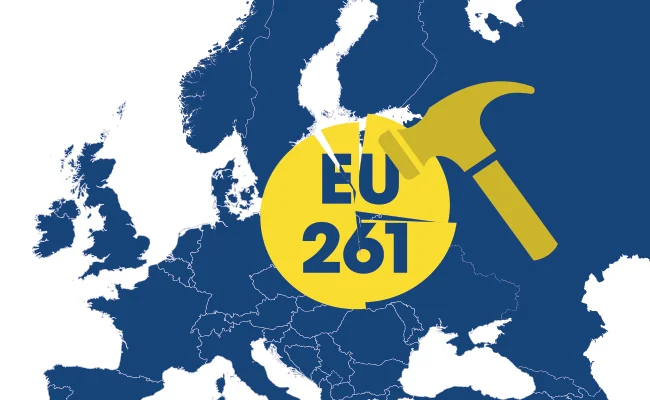
IATA Expresses Concerns Over EU261 Reforms
The International Air Transport Association (IATA) raises alarms about proposed EU261 reforms, highlighting the burden on consumers and the airline industry.
The International Air Transport Association (IATA) expressed serious concerns regarding the proposed reforms to the EU261 consumer rights regulation by the European Parliament, asserting it could exacerbate existing flaws. On November 18, IATA officials indicated that these changes would not address essential passenger issues, while causing costs to rise for both consumers and airlines.
IATA’s Director-General, Willie Walsh, stated:
“Everyone knows there’s no such thing as a free lunch. Similarly, there is no such thing as a ‘free’ bag or ‘free’ compensation thresholds. The EU Parliament’s new provisions to EU261 work as a ‘reverse Robin Hood’, putting further costs on to the 99 percent of passengers who don’t benefit from it. They are imposing things people haven’t asked for, and don’t want to pay for unless they choose to.”
Walsh emphasized that passengers would prefer a simpler compensation mechanism in return for reduced fares. He argued that MEPs risk misunderstanding operational challenges businesses face.
Imperfect Regulations
The flaws in EU261 have been known for years. In an effort to maintain air connectivity and competitiveness, European governments have sought to amend these regulations, proposing to adjust compensation thresholds.
The push for change includes a reduction from the current three-hour delay threshold to four hours for short flights and nine for long-haul travel, a move intended to reduce incentives for airlines to cancel flights.
Despite the European Parliament’s intention to nullify these improvements, they are also proposing new measures, such as allowing passengers to bring a cabin bag without charge—the demand for which is unproven among travelers.
IATA’s May survey revealed that 72% of respondents preferred lower ticket prices with the option to pay for additional services as needed. Further analysis indicated less than 1% of flights experience delays beyond three hours, suggesting that a compensation scheme should maximize value for the majority.
Urgent Action Required
As air connectivity growth stagnates in key markets such as France, Germany, and the Netherlands, IATA stresses the need for decisive action to foster competitive practices.
Next steps should include:
- Eliminating passenger taxes, which hinder connectivity.
- Amending regulations surrounding sustainable aviation fuel, where current conditions impose unfair penalties on airlines.
Overall, IATA calls for thoughtful reforms to safeguard the viability and competitiveness of the European aviation market.
